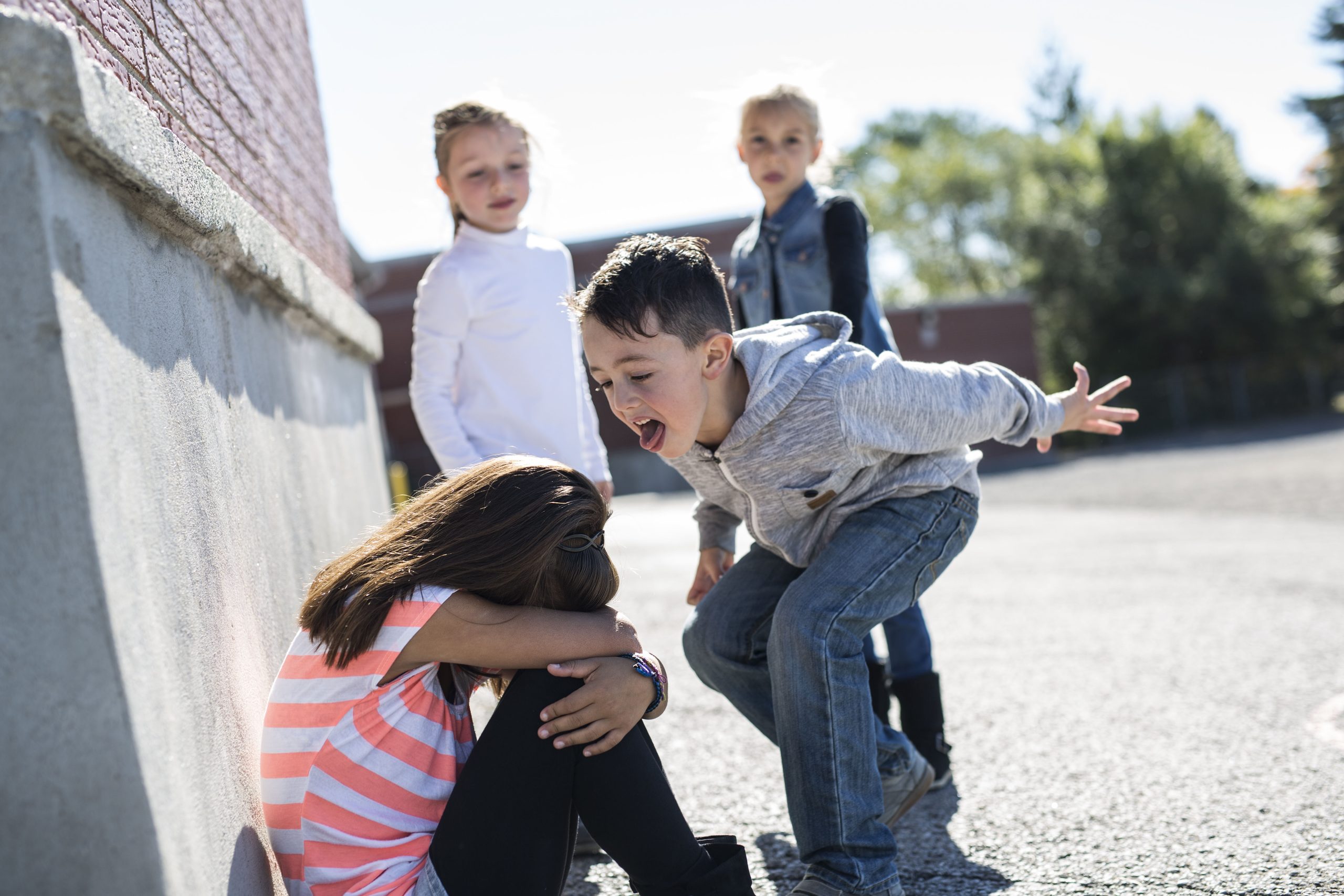Understanding Cultural Contexts
Child abuse is an issue of severe concern around the globe, and unfortunately, it is still going on even in the age of social media; this explains that it has a lot to do with cultural differences and perspectives rather than awareness or exposure. These cultural differences spread abuse across many other cultures and portray it as something that is normalized rather than accepting it as a problem and solving it. Understanding these differences is important in developing effective support systems that are culturally appropriate.
Varied Definitions of Abuse
Some cultures normalize child abuse to the point that it becomes a necessity for them to abide by it because they don’t see it as abuse; they see it as a genuine form or part of bringing up a child. Abusive parents think that it is their right to shout at their children and beat them whenever they want because they are putting a roof over the heads of children and giving them food to eat; this logic is absolutely absurd. Similarly, practices like child marriage, which is considered a severe form of abuse in many countries, may be a culturally-accepted norm in others.
Cultural Norms and Parenting Styles
Parenting approaches are heavily influenced by cultural norms or what their culture has taught them. In some cultures, it is normal to disrespect and beat a child in order to make them obedient, whereas, in other cultures, emotional abuse is a constant part of childhood, with zero to no affection while still expecting them to be nice, respectful, and sweet.
Challenges in Cross-Cultural Contexts
Social workers, educators, and healthcare providers working in multicultural settings often face challenges when facing these cultural differences. It is necessary for them to be culturally aware so that they can understand the cultural context of the families they work with and respect their values and practices while being in favor of the child’s well-being. Training and continuous learning about different cultural perspectives on child abuse are critical in this regard.
Conclusion
Nancy Pusateri’s book “Rising Up: A True Story of Childhood Abuse” is a powerful, raw journey through unimaginable pain and resilience. The book begins by introducing Nancy’s roots, tracing her family’s migration from Greece to the United States, setting the stage for the story shared ahead in the book. The early years of Nancy’s life seemed like a normal childhood until her family shifted to a new house. Then began the series of harrowing experiences, shattering the innocence of her early years. Her journey is a raw, unfiltered glimpse into the reality of surviving abuse and the difficult path toward healing and reclaiming one’s life.
Available on Amazon.
